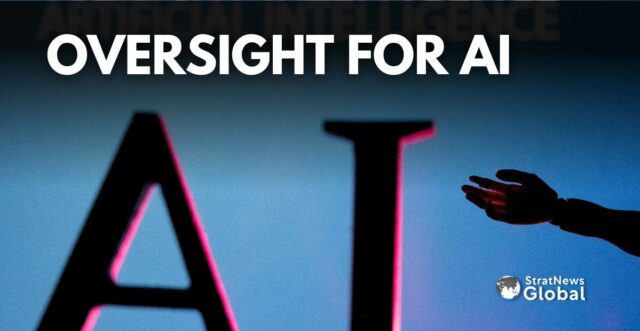Australia said on Thursday it planned to introduce targeted AI rules including human intervention and transparency. The centre-left government proposed this amid a rapid rollout of AI tools by businesses and in everyday life.
Industry and Science Minister Ed Husic unveiled 10 new voluntary guidelines on AI systems. He said the government has opened a month-long consultation over whether to make them mandatory in the future in high-risk settings.
“Australians know AI can do great things. But the people want to know if there are protections in place if things go off the rails,” Husic said in a statement. “Australians want stronger protections on AI. We’ve heard that, we’ve listened.”
The report containing the guidelines said it was critical to enable human control as required across an AI system’s life cycle.
“Meaningful human oversight will let you intervene if you need to and reduce the potential for unintended consequences and harms,” the report said. Companies must be transparent to disclose AI’s role when generating content, it added.
Strict Transparency
Regulators around the world have raised concerns about misinformation and fake news contributed by AI tools amid the rising popularity of generative AI systems such as Microsoft-backed OpenAI’s ChatGPT and Google’s Gemini.
As a result, the European Union in May passed landmark AI laws, imposing strict transparency obligations on high-risk AI systems that are more comprehensive than a light-touch voluntary compliance approach in several countries.
“We don’t think that there is a right to self-regulation any more. I think we’ve passed that threshold,” Husic told ABC News.
Creating AI Jobs
Australia has no specific laws to regulate AI, though in 2019 it introduced eight voluntary principles for its responsible use. A government report published this year said the current settings were not adequate enough to tackle high-risk scenarios.
Husic said only one-third of businesses using AI were implementing it responsibly on metrics such as safety, fairness, accountability and transparency.
“Artificial intelligence is expected to create up to 200,000 jobs in Australia by 2030 … So it’s crucial that Australian businesses are equipped to properly develop and use the technology,” he said.
(with inputs from Reuters)





